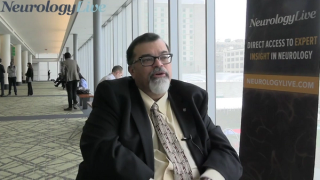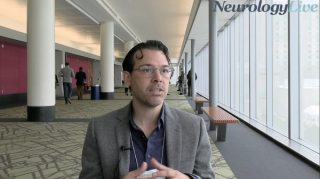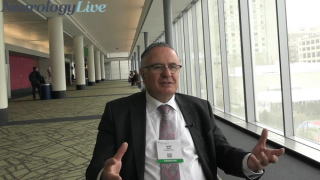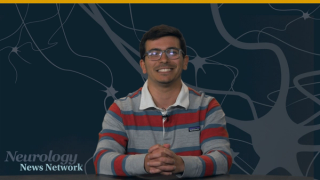
Dementia and Alzheimer Disease
Latest News

Latest Videos

CME Content
More News

The president of the ANA and the chair of the annual meeting programming committee provided commentary on the advances in neurology and the shift in how clinicians approach and treat diseases once thought to be fatal. [WATCH TIME: 6 minutes]

Catch up on any of the neurology news headlines you may have missed over the course of August 2023, compiled all into one place by the NeurologyLive® team.

The president of the ANA and the chair of the annual meeting programming committee gave an overview on the various topics and courses the clinical community should home in on at the upcoming annual meeting. [WATCH TIME: 6 minutes]

The president of the ANA and the chair of the annual meeting programming committee provided perspective on the upcoming ANA Annual Meeting and what clinicians may get out of the meeting. [WATCH TIME: 7 minutes]

Here's some of what is coming soon to NeurologyLive® this week.

Test your neurology knowledge with NeurologyLive®'s weekly quiz series, featuring questions on a variety of clinical and historical neurology topics. This week's topic is multiple sclerosis.

A group of esteemed panelists discussed the important values neurology department directors and educators should prioritize when teaching students of the future. [WATCH TIME: 6 minutes]

A trio of former and current neurology department directors discussed ways in which residency and fellowship programs may change as technology and therapeutic capabilities continue to expand. [WATCH TIME: 8 minutes]

Take 5 minutes to catch up on NeurologyLive®'s highlights from the week ending September 1, 2023.

A panel of former AUPN presidents detailed how advances in neurology have changed the way the clinical specialty is taught, and why collaboration among leadership remains vital to creating an effective neurology department. [WATCH TIME: 7 minutes]

Russell Lebovitz, MD, PhD, chief executive officer and cofounder of Amprion, discussed the ongoing collaboration focused on exploring the role of misfolded synuclein traditionally associated with Parkinson disease and in various forms of dementia.

Social determinants of health are conditions that people are born into and live under that affect their health, and can greatly impact clinical outcomes as well as contribute to health disparities and inequalities.

Former presidents of the AUPN shared perspective on the advances in neurology and how it was taught during their tenure.

The group of experts provided perspectives on the shift in how residency programs are developed and laid out, as well as efforts to increase the number of young neurologists in the field.

Falls cost the US more than $50 billion annually, but platforms like CatchU, a transformative digital health tool, provide quantitative fall assessment that might significantly enhance the current standard of care for predicting falls.

Former presidents of the AUPN shared perspective on the advances in neurology and how it was taught during their tenure.

Here's some of what is coming soon to NeurologyLive® this week.

Test your neurology knowledge with NeurologyLive®'s weekly quiz series, featuring questions on a variety of clinical and historical neurology topics. This week's topic is neuromuscular disorders.

Take 5 minutes to catch up on NeurologyLive®'s highlights from the week ending August 25, 2023.

Mind Moments®, a podcast from NeurologyLive®, brings you an exclusive interview with Nicole Fowler. [LISTEN TIME: 23 minutes]

Here's some of what is coming soon to NeurologyLive® this week.

Test your neurology knowledge with NeurologyLive®'s weekly quiz series, featuring questions on a variety of clinical and historical neurology topics. This week's topic is headache and migraine.

Take 5 minutes to catch up on NeurologyLive®'s highlights from the week ending August 18, 2023.

Adam Naj, PhD, genetic epidemiologist at the University of Pennsylvania, discussed the importance of collecting genetic data from diverse ancestries to investigate the risk of Alzheimer Disease.
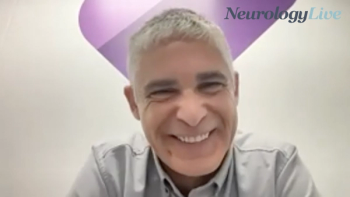
The senior vice president of research at Vaxxinity discussed recently published trial findings on a novel vaccine that targets Alzheimer disease and triggers the production of antibodies against toxic amyloid-ß peptides. [WATCH TIME: 9 minutes]









